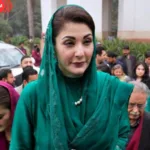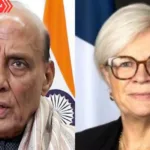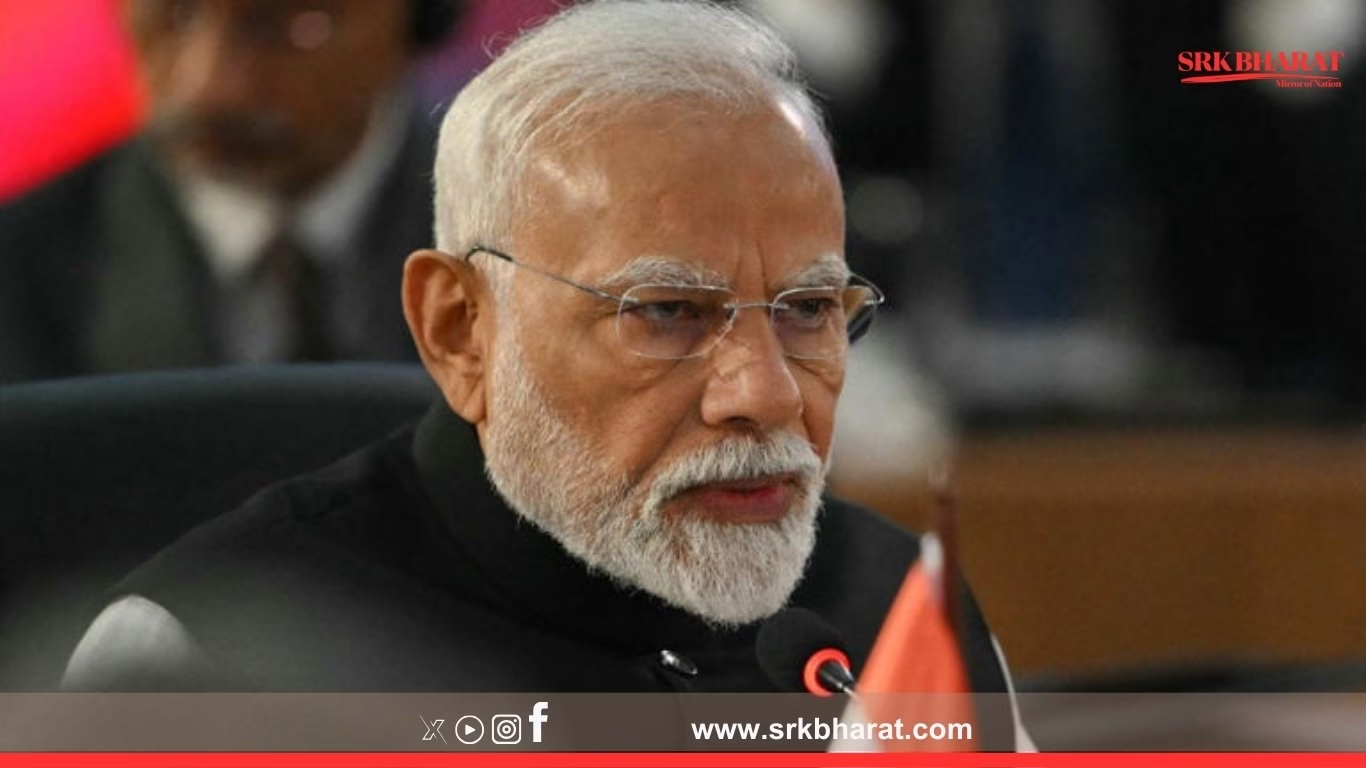Prime Minister Narendra Modi’s recent diplomatic outreach spanning Africa and Latin America underscores India’s intent to reshape its role within the Global South. From Ghana to Brazil, his engagements signal a strategic shift to position India as a representative voice of developing economies while counterbalancing China’s influence in these regions.
Why The Global South Matters For India
The term Global South broadly refers to countries in Asia, Africa, Latin America, and Oceania, historically underrepresented in global governance structures dominated by the West. PM Modi’s focus on the Global South is driven by:
- Strategic aspirations to establish India as a leader of developing nations.
- Economic priorities, including market diversification and resource security.
- Geopolitical balance in an era of shifting alliances between the US, China, Russia, and EU.
Key Elements Of Modi’s Recent Global South Diplomacy
| Region | Country | Focus Area | Strategic Outcome |
|---|---|---|---|
| Africa | Ghana, Kenya, Mozambique | Development partnership, defence ties, energy cooperation | Counter China’s Africa Belt & Road initiatives; deepen Indian Ocean security partnerships |
| Latin America | Brazil | BRICS+ cooperation, biofuel alliances, agri-tech investments | Enhance South-South economic integration; support multipolar global governance |
Highlights From Africa Outreach
1. Ghana
During his outreach to Ghana, PM Modi:
- Pushed for expansion of trade in pharmaceuticals, IT services, and mining.
- Discussed cultural linkages through diaspora diplomacy. Ghana has a small but influential Indian-origin business community.
- Proposed capacity-building partnerships in health, digital governance, and education.
2. Kenya & Mozambique
- Strengthened maritime security cooperation in the Western Indian Ocean to counter piracy and illegal fishing.
- Explored LNG and energy import contracts with Mozambique to diversify India’s energy basket beyond West Asia.
- Advanced defence agreements, with Indian naval patrols and training for regional navies, enhancing India’s ‘Security and Growth for All in the Region (SAGAR)’ initiative.
Highlights From Latin America Outreach
Brazil BRICS+ Engagement
PM Modi’s Brazil outreach included:
- Participation in BRICS+ dialogues focusing on reforming global financial institutions to better serve developing economies.
- Discussion on biofuel technology cooperation under the India-Brazil Bioenergy Alliance, enhancing India’s green energy goals.
- Efforts to expand agri-tech collaborations for improving food security in both countries.
Geopolitical Significance
1. Countering China’s Influence
China has invested billions in African infrastructure and Latin American resource sectors. India’s developmental model, emphasising capacity building, technology transfer, and local employment generation, offers an alternative with:
- Lower debt risks.
- Culturally and linguistically sensitive training models.
- Shared colonial history and democratic values as bridges.
2. South-South Leadership
India’s focus on Global South solidarity is evident in:
- Championing African Union’s inclusion into the G20 during its presidency.
- Hosting the Voice of Global South Summit, giving countries a platform outside G7 and G20 structures.
- Advocating for reforms in UN Security Council to grant permanent membership to African and Latin American countries alongside India.
Economic Drivers Of Global South Diplomacy
| Sector | Why Important | Recent Initiatives |
|---|---|---|
| Energy Security | Africa and Brazil offer alternatives to volatile West Asian markets | LNG MoUs with Mozambique; biofuel technology talks with Brazil |
| Food Security & Agri-tech | Latin America as a food bowl complements India’s tech solutions | Collaborative farming research and investment talks with Brazil |
| Defence & Maritime | Protect Indian Ocean sea lanes; counter non-traditional threats | Naval training agreements with Kenya, Mozambique |
| Pharma & Digital Services | Expanding markets for Indian generics and e-governance solutions | Ghana health sector digitalisation MoU |
Challenges In Implementation
Despite strong diplomatic messaging, analysts highlight:
- Execution bottlenecks in project delivery timelines compared to China’s rapid infrastructure deployments.
- Resource limitations, as India’s outward FDI remains smaller than Chinese BRI outflows.
- Local political volatility, especially in African states, often delaying bilateral project implementation.
Expert Opinions
Strategic Analyst
“India’s Global South focus is a geopolitical necessity, but execution speed and sustained presence are critical to convert goodwill into tangible influence.”
Development Economist
“South-South cooperation thrives when backed by trade facilitation, concessional finance, and technology transfer – areas where India has built credibility but needs scale.”
Diplomatic Historian
“This echoes India’s leadership in NAM (Non-Aligned Movement) but with sharper economic integration and strategic maritime dimensions today.”
Future Outlook
PM Modi’s government is expected to:
- Launch a dedicated Global South Development Fund, similar to China’s concessional loan model but with lower interest structures.
- Expand ITEC (Indian Technical and Economic Cooperation) scholarships and digital training seats for African and Latin American students.
- Deepen Indian private sector investments, especially in fintech, agri-tech, and health sectors across these regions.
Conclusion
PM Modi’s diplomacy from Ghana to Brazil signifies India’s pivot to consolidate its role as a development partner and security anchor for the Global South. It complements India’s Act East and Indo-Pacific strategies by expanding its diplomatic bandwidth towards Africa and Latin America, creating a holistic global outreach rooted in mutual respect, economic complementarity, and democratic solidarity.
Disclaimer: This news content is based on official diplomatic releases, expert analyses, and regional economic data. It is intended for general informational purposes only and does not constitute foreign policy or investment advice. Readers are advised to refer to government notifications and multilateral statements for detailed updates on specific agreements or geopolitical commitments.











